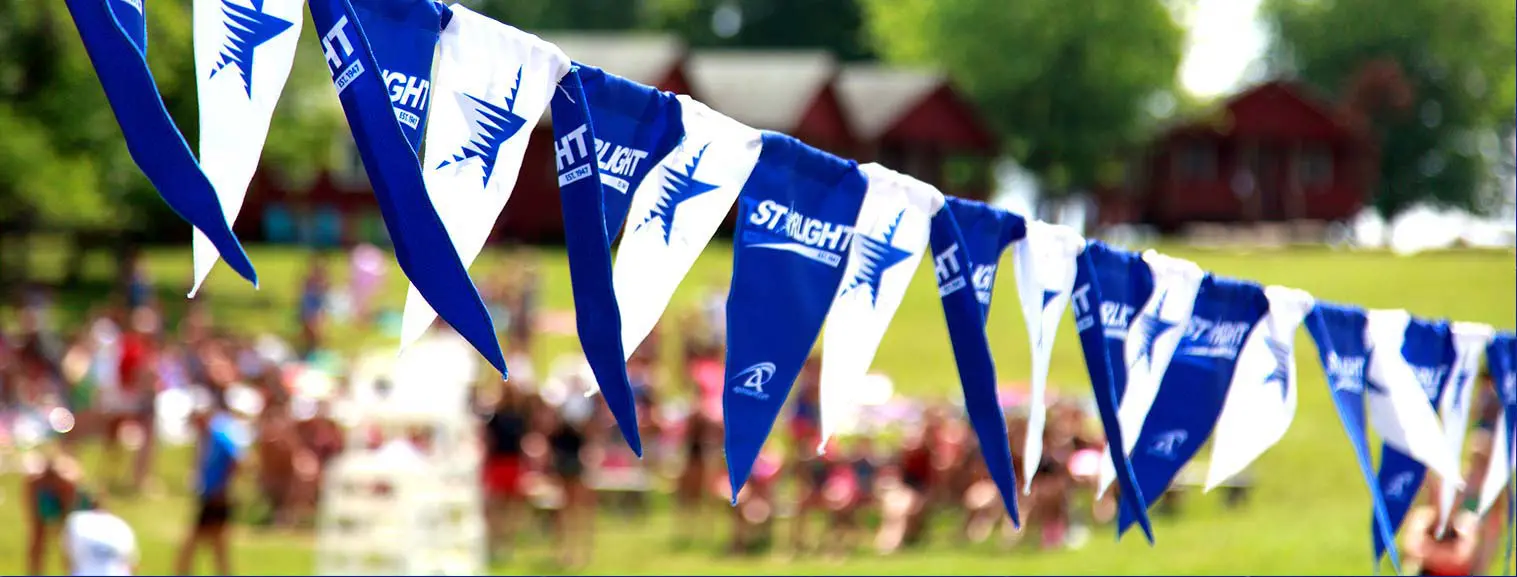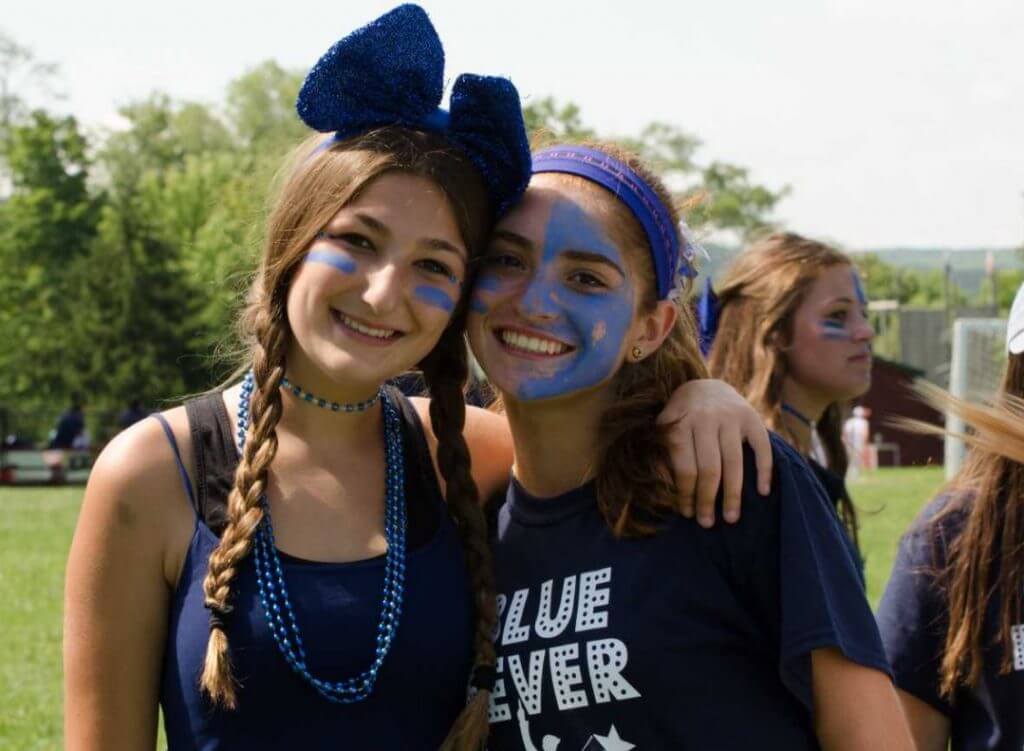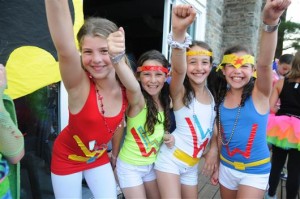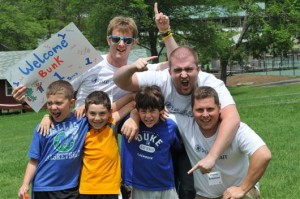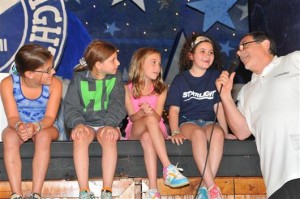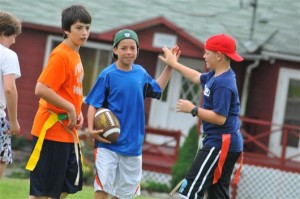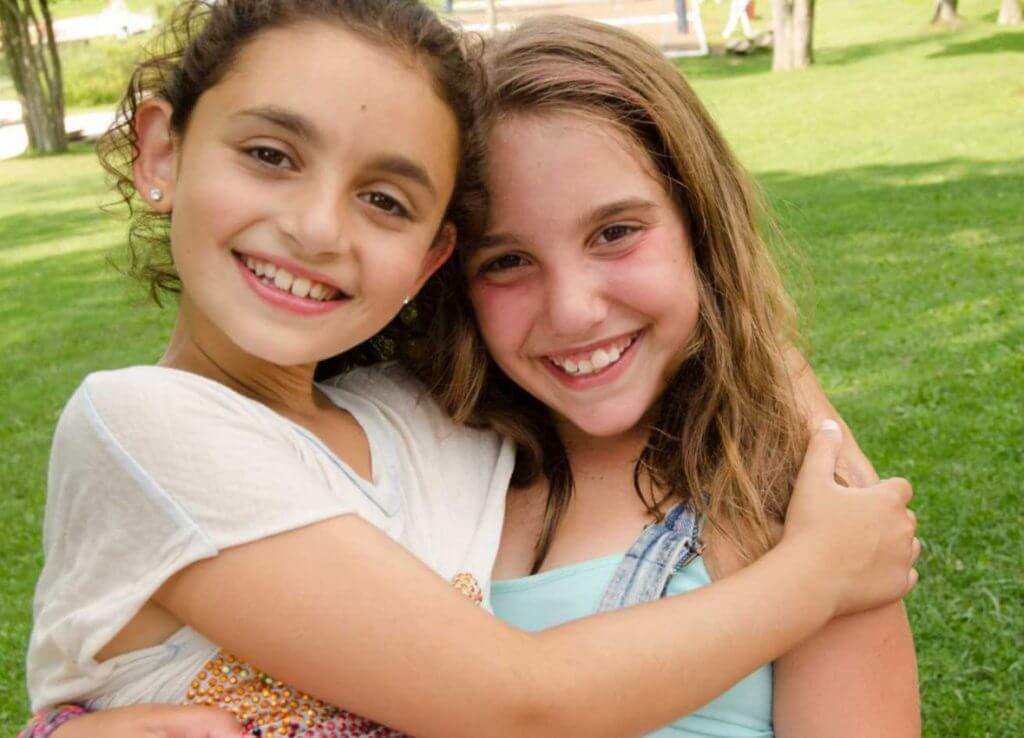
Growing up as an only child has many perks. I was always the focus on my parents’ attention, I had all of my own stuff, own space, and when a family decision had to be made, I always felt like my opinion was heard and, more often than not, given serious consideration. Sure, there were times when I wished I had a sibling to play with, but for the most part, I’ve enjoyed the solo child life.
As I get older, I’ve started to notice that things that are easy for my friends with siblings, like compromising, taking turns, and being patient, don’t come as naturally to me. Their entire lives are made up of figuring out how to live harmoniously with their siblings. They’ve had to make sacrifices, they’ve had to come second (or third, or fourth) and they’ve had to learn about delayed gratification. They’ve had to think about the well-being of their siblings before themselves, they’ve had to share rooms and clothes and toys, and in turn, these character traits seem to come naturally to them.
It took me about 3 hours at camp to realize that I was going to have plenty of opportunities to strengthen these particular traits. Going to camp is like having 100 siblings, and in order for the “family” to run smoothly, everyone has to be willing to compromise, be patient and think of others first. To be totally honest, it was a hard reality to adjust to at first. I quickly learned that my mess wasn’t appreciated or tolerated in a shared space. I also learned that my opinions, wants and needs weren’t the only ones that mattered, and my hesitation to take anyone else’s opinions or thoughts into consideration came across as rude and selfish. That was a slap in the face, and humbling for sure.
My counselors were amazing, and were patient and calm when I wasn’t. They took the time to talk to me when I was feeling overwhelmed, crowded or impatient. They helped me look at the bigger picture, and reminded me about how good it felt to work as a team, a family, a collective unit, instead of just thinking about myself.
About a week or so into camp, I could already notice the mental shift happening inside of me. I saw the biggest change in my attitude regarding being surrounded by people all of the time. My whole life, I’ve had the luxury of being able to be in my own space and to “get away” whenever I wanted to be alone. I always had my own things and my own space, and getting used to sharing my time and space with others took some getting used to. But as the days turned into weeks, I began looking forward to these group settings and I enjoyed the constant buzz of people around me. I loved our late night chats after lights went out, and I appreciated having people who would share their sunscreen with me when I ran out. Sharing space, time and things with people turned out to not be so bad after all.
At the end of camp, I felt like I had gained 50+ siblings, and a whole new set of character traits that will stay with me for the rest of my life. I am a more patient person because of camp. I am better at sharing, I compromise more, I’m more giving, more aware of my personal space, more accepting of people’s differences, and for that, I am eternally grateful.
I may be the only child at home, but since my summer at camp, I have plenty of camp siblings who are just a text, phone call or email away. Camp gave me much more than just a summer away from home; it has strengthened my character and given me lifelong friends.



